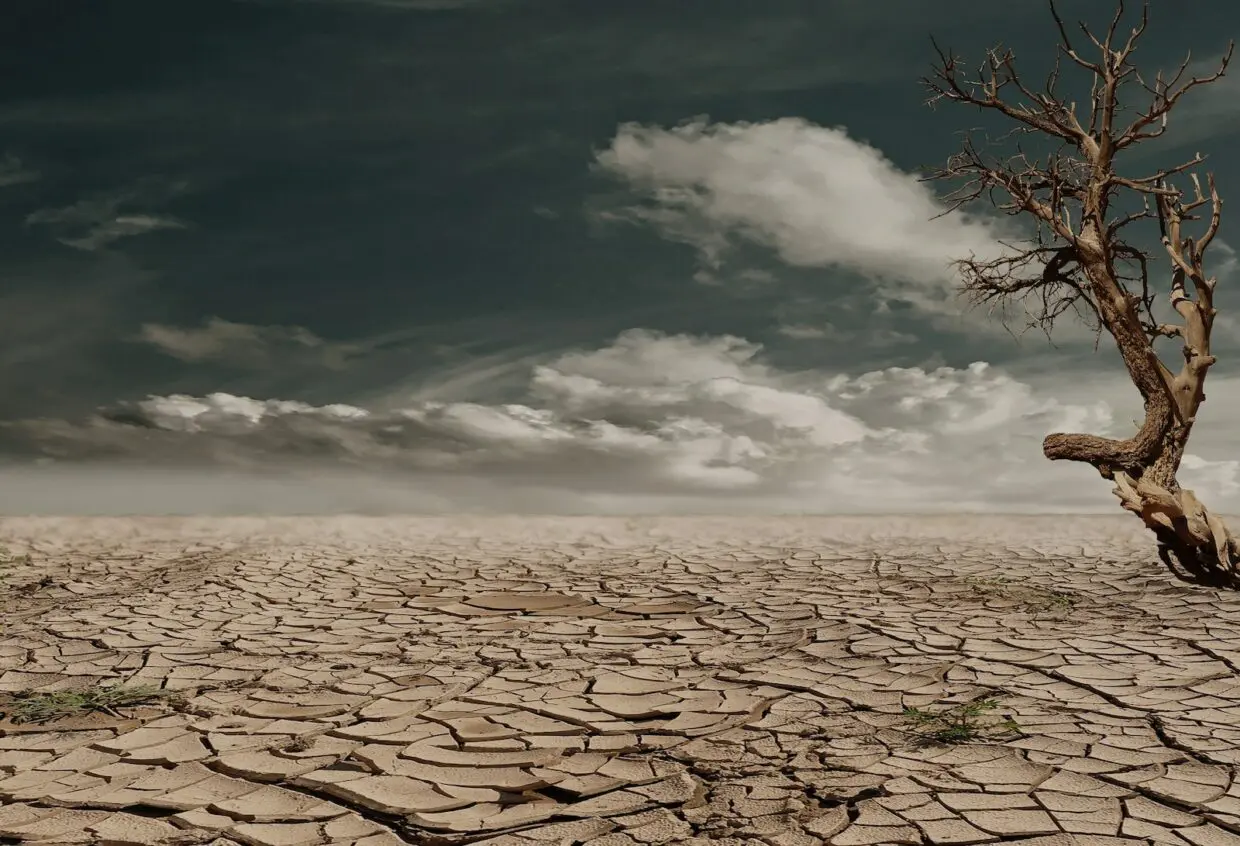New Zealand’s Weather and Its Impact on the Economy
New Zealand is known for its mild, temperate climate and its natural beauty. But the weather isn’t just a fact of life here, it has a real and tangible impact on the economy. From the tourism industry to horticulture, New Zealand’s weather affects our livelihoods as well as our quality of life.
Tourism Industry
New Zealand’s mild weather and breathtaking scenery are some of the main draws for tourists from around the world. Not only does the weather bring in more visitors, it also encourages them to stay longer and spend more money. The tourism industry is a major contributor to the economy, with visitors spending an estimated $13 billion each year.
The weather also affects the types of activities that visitors can pursue—from hiking to surfing, and from snow sports to sailing. Clear skies and warm weather are ideal for outdoor activities, while rain and cooler temperatures can severely limit the picture-taking and sightseeing opportunities.
Horticulture
The weather is also essential in the horticulture sector. From fruit orchards to forestry, the right weather conditions can make or break a season’s crop. Too much rain or heat can lead to high losses, while a drought can cause crops to dry out and fail to mature.
On the other hand, the right combination of sunshine and rain can be hugely beneficial for fruit and vegetable growers. Without the right amount of water, crops can suffer from stunted growth and poor quality produce. With adequate sunshine and suitable temperatures, however, growers can enjoy a bumper crop and boost their profits.
Economic Implications
New Zealand’s weather has a huge impact on the economy. Not only does it provide tourists with plenty of activities and attractions, it also has an impact on the horticulture sector and other industries that rely on the climate.
In order to maximize profits and reduce losses, businesses need to be aware of the weather conditions throughout the year. The following measures can help them to do so:
- Monitoring: Businesses should monitor current and forecast weather conditions to determine how they might affect their operations.
- Seasonal Adjustments: Adjusting operations to match the changing weather conditions can help to ensure that the best quality products are produced.
At the same time, businesses must prepare for the worst, such as extreme weather events or natural disasters. Having adequate insurance and emergency plans in place can help to mitigate the risks and protect the bottom line.
In conclusion, New Zealand’s weather has a significant impact on the economy. From tourism and horticulture to other industries, the weather can be both beneficial and damaging, depending on the conditions. Businesses need to be aware of the changing weather patterns and adjust their operations accordingly in order to maximize profits and minimize losses.






